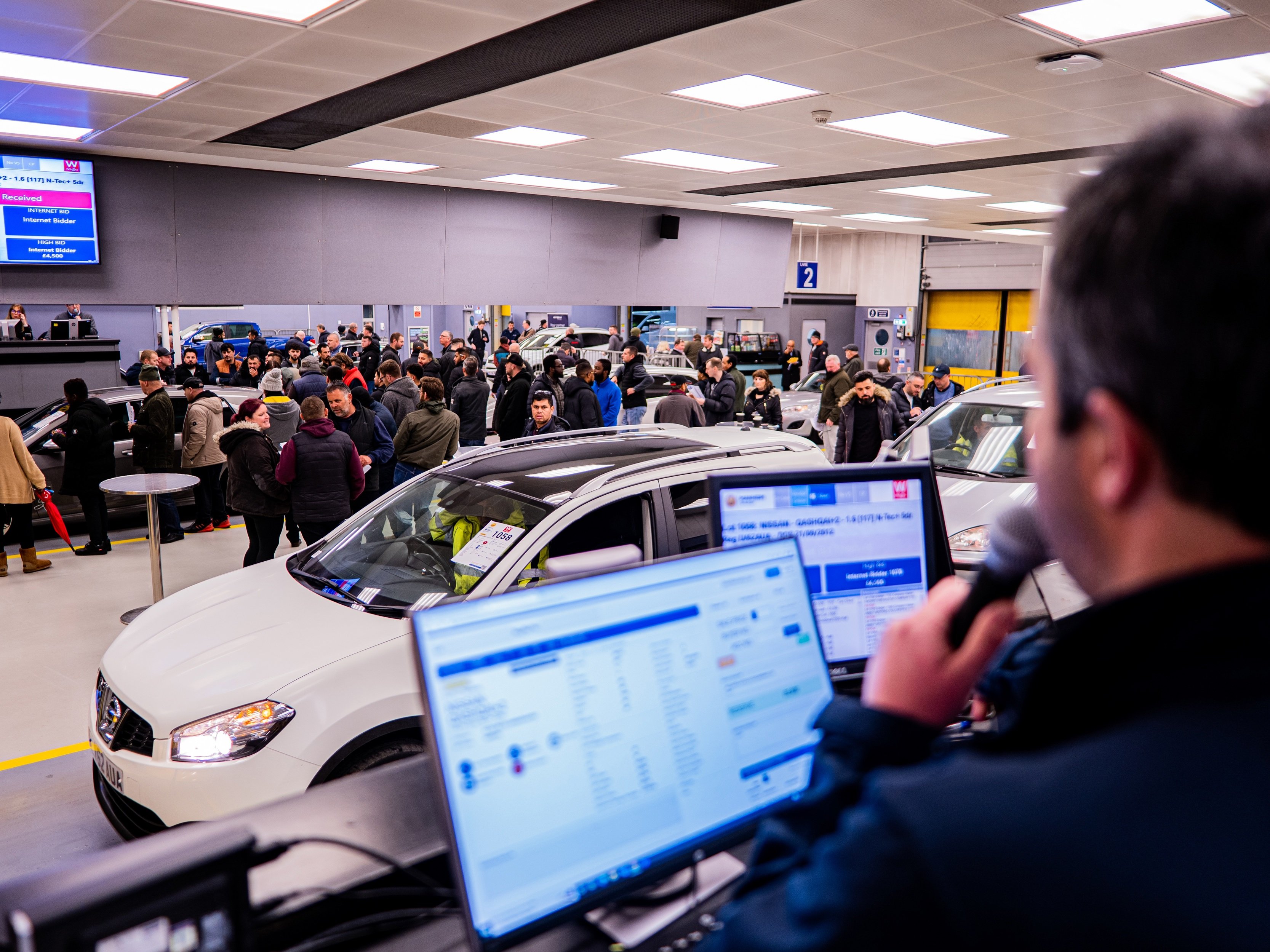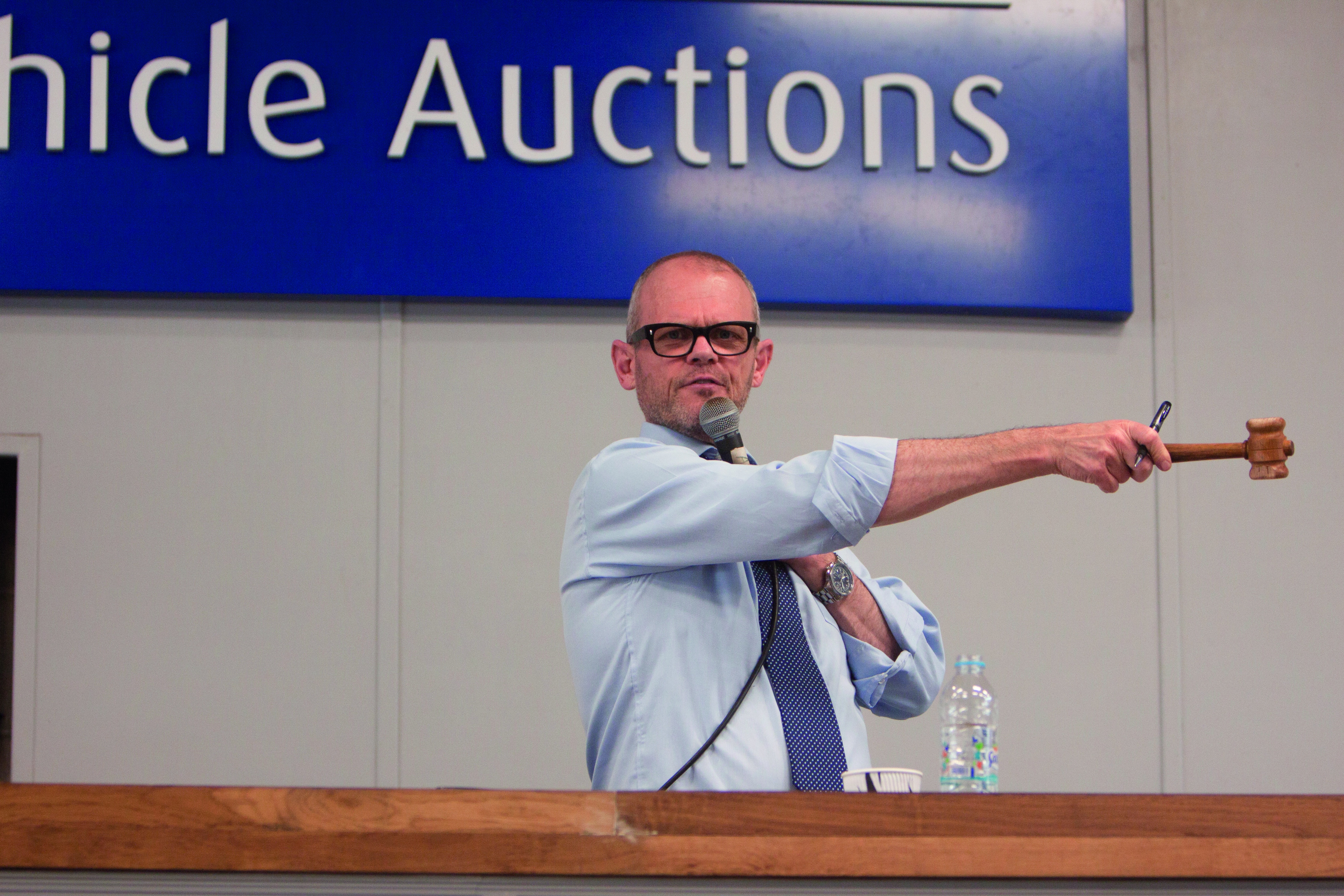Recent manufacturer-based tactical new car registrations appear to have started to make an impact on the used market, particularly for second-hand electric vehicles (EVs), according to analysis by Indicata.
Its Market Watch report suggests that used EV prices continue to show signs of levelling off, with values for fully electric used cars falling by just 0.8% in January, following a 1% fall in December.
“The used market has changed a great deal in just the first six weeks of 2024, with all fuel types not just EVs selling more quickly,” explained Dean Merritt, Indicata UK’s head of sales.
“A healthy demand has returned to dealers and consumers alike as they feel more confident that used prices have found their new normal.”
Sales of sub-two-year-old used cars were 26.4% higher than in January 2023, with EVs accounting for 9% of this market, with petrol remaining the dominant fuel type at 49.9% and hybrids at 33%.
Diesel used car sales accounted for just 6.8% of sales.
Generally, a rise in used car demand across the board in January compared with a sleepy Q3 helped forced market days’ supply down across all fuel types.
Market days’ supply is derived from dividing the currently available supply of inventory by the average daily retail sales rate over the past 45 days, and EVs fell by 22 days to 66 days in January. This compares with petrol at just 42 days.
Merritt added: “It’s interesting to see the impact tactical new car registrations are having on the used market.
“We will continue to watch this area closely especially if manufacturers are falling short of their ZEV new car mandate commitments later in 2024.”
Strong January sets tone for year ahead at Manheim

Cox Automotive reports that activity at Manheim Auction Services during January has set a positive tone for the year ahead.
The volume of stock handled during the month was up 24% year-on-year, and the number of active buyers increased by 12%.
The surge in volume meant Manheim held 14 more sales in January than the same period last year.
Liam Quegan, managing director for wholesale at Cox Automotive, said: “Manheim’s performance in January defies the overall mood of the used car market currently and sends a positive message out to the sector.
“Stock volumes are returning in earnest and, despite recent volatility in values and concerns about retail demand, buyer activity remains strong.”
He added: “Despite the winter weather, the volume of buyers choosing to physically attend sales during January has remained on track with the pattern established during 2023.
“Physical is continuing to enjoy a resurgence in popularity and the proportion of sales completed in the hall versus online continues to exceed expectations.
“Feedback from buyers and vendors alike is that they enjoy and value the social interaction as much as they do the opportunity to touch the metal, particularly on lower grade and older stock.”
Manheim also reports Cap and first-time conversion performance during January was in line with expectations. Cap performance was up 1.8% on December’s performance, while first time conversions rose 5.8%.
Return to physical auction helped ‘improve confidence’ in January’s used market

Two years after being written off physical auctions are now being operated again by all the main vehicle remarketing providers, according to Shoreham Vehicle Auctions (SVA).
Online only auction operators succumbed to pressure from both vendors and buyers during Q4 2023 to operate physical auctions to create market confidence and deal with the challenge of multiple price realignments, it says.
Even those companies that have been running ‘online only’ auctions since 2020 are now investing in refurbishing facilities and re-employing staff to get back to physical.
SVA was one of the first auction companies to return to physical auctions post pandemic. Managing director Alex Wright (pictured above) has always been a strong believer that vehicles being driven through the auction halls in front of physical buyers brings confidence to the used market, particularly when trading conditions are tough.
He said: “In Q4 prices changed daily as the market realigned itself to respond to a rise in new car production, improved used car supply and high interest rates that were impacting consumer demand.
“Buyers were so uneasy they stopped buying vehicles which made vendors anxious which caused market distress.”
During Q4, buyers continued to attend physical auction to gauge market sentiment including online buyers that rarely make a physical trip to Shoreham.
Wright continued: “Vendors joined the buyers in visiting auctions in person to gauge market conditions for themselves. Together the used market realised the pain in Q4 was a short-term blip and that the 2024 market was still strong.”
During the tough Q4 used market online only auction providers received huge pressure from vendors to start trading physically again because they were often achieving lower conversion rates and prices than auctions trading in a hybrid physical/online capacity. According to Wright this pressure has been worth it.
“The return to physical by all the major providers helped provide additional market confidence in January which has translated into healthy conversion rates and prices,” he said.
“Even the online buyers are bidding on and buying more cars as they can see physical buyers in the halls. Reassurance is a big part of the used market, and it is there in bucket loads now the entire industry has gone physical again.”





















Login to comment
Comments
No comments have been made yet.